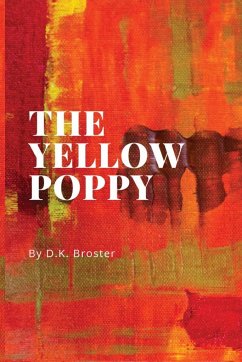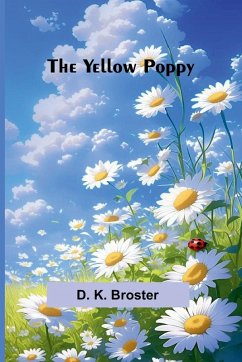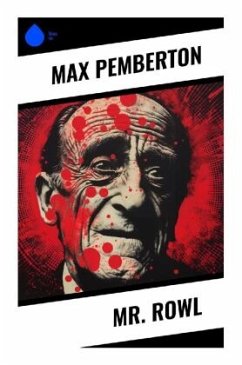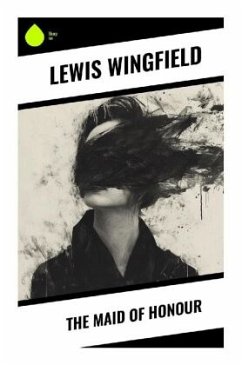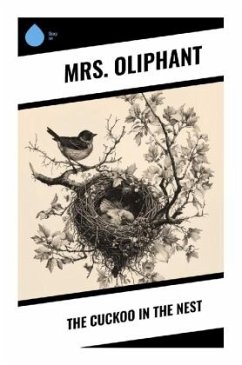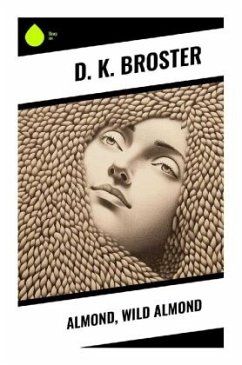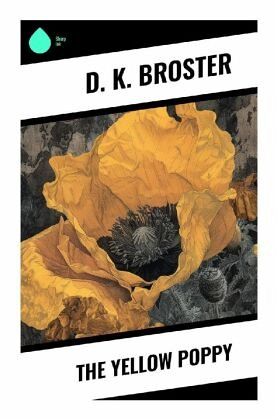
The Yellow Poppy
Versandkostenfrei!
Versandfertig in 6-10 Tagen
15,10 €
inkl. MwSt.
Weitere Ausgaben:

PAYBACK Punkte
0 °P sammeln!
D. K. Broster's "The Yellow Poppy" intricately weaves a tapestry of mystery and psychological depth against the backdrop of post-World War I England. The narrative follows a compelling protagonist caught between the tumult of past traumas and the complexities of love, making it a notable contribution to the genre of literary fiction. Broster employs a lyrical prose style, intertwining vivid landscapes with intense emotional landscapes, reflecting both the historical context of a nation grappling with change and the personal struggles of an individual seeking solace in beauty and connection ami...
D. K. Broster's "The Yellow Poppy" intricately weaves a tapestry of mystery and psychological depth against the backdrop of post-World War I England. The narrative follows a compelling protagonist caught between the tumult of past traumas and the complexities of love, making it a notable contribution to the genre of literary fiction. Broster employs a lyrical prose style, intertwining vivid landscapes with intense emotional landscapes, reflecting both the historical context of a nation grappling with change and the personal struggles of an individual seeking solace in beauty and connection amidst chaos. Broster, an author with a rich tapestry of life experiences, was greatly influenced by her own encounters with both the British literary scene and her travels abroad. A figure often overshadowed by her contemporaries, she imbued her work with elements drawn from her studies in the arts and her keen interest in history. These insights lend an authenticity and depth to "The Yellow Poppy," showcasing her unique ability to capture complex human emotions that resonate with readers even today. This evocative novel is recommended for readers who appreciate richly layered narratives that delve into the human psyche. It will appeal to those interested in themes of healing, the power of memory, and the intersection of art and life. Broster's nuanced storytelling invites a profound reflection on the scars of the past and the search for redemption, making "The Yellow Poppy" a compelling read.




